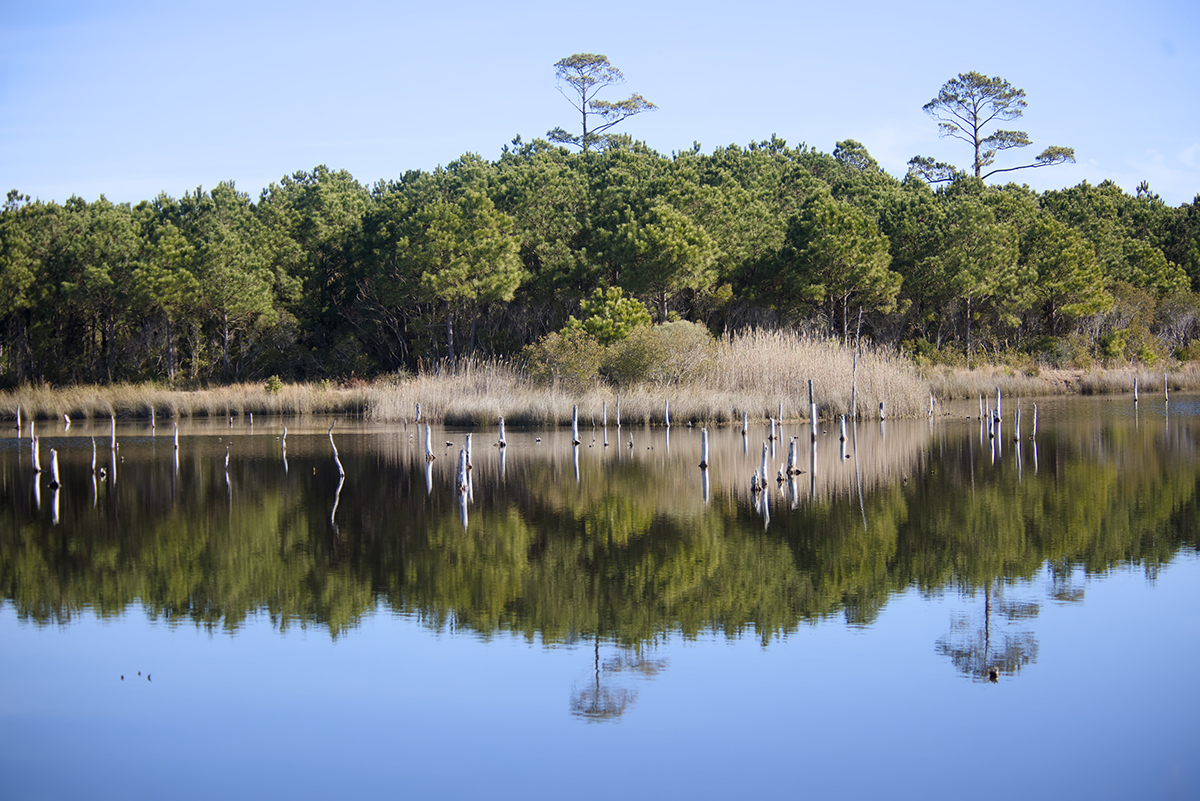A government big enough to give you everything you want is big enough to take away everything you have. — Thomas Jefferson
OCEAN — Gov. Pat McCrory and his administration have repeatedly said that their support for offshore oil and gas development depends on the state receiving its fair share of revenue from the federal government.
Supporter Spotlight
“It would be difficult to sell this to the North Carolina public unless there is a revenue-sharing plan with the federal government,” McCrory said during a media briefing last fall in Raleigh. “If there’s no money, none of us win.”
Any potential revenue, McCrory said, is likely five to 10 years away.
Conversely, President Obama wants to scrap offshore revenue sharing that currently goes to Alabama, Louisiana, Mississippi and Texas. He wants the money to provide “broad natural resource, watershed and conservation benefits for the entire nation.” His proposal is part of his current budget proposal to Congress that was delivered in early February.

The President’s proposal would save the federal government $5.6 billion over 10 years according to his U.S. Treasury Department. The money generated by cancelling revenue sharing appears to be appetizing targets for some Republican and Democratic deficit reduction advocates, especially those from non-oil and gas producing states.
Interior Secretary Sally Jewell stresses in recent press articles that offshore oil and gas reserves are a national asset, and “we believe (revenue sharing for select Gulf states) needs to be reexamined to (provide) a fair return to the taxpayers across the whole United States.”
Supporter Spotlight
Enhanced revenue sharing for some Gulf Coast states was part of 2006 energy legislation that passed Congress. This law allocates 37.5 percent of revenue from many offshore leases – up to $500 million annually – to Alabama, Louisiana, Mississippi and Texas.
The prospect that Obama will be successful in eliminating this current revenue sharing commitment is extremely slim in this year’s Congress. Equally unlikely, is the prospect that McCrory will get the federal government to commit the federal revenues he’s seeking for North Carolina.
It will take a super majority of at least 60 votes in the U.S. Senate and Obama’s signature to develop a binding plan to share oil and gas revenues with North Carolina. That simply won’t happen given the number of senators on record from both parties that object to such a provision and the clear opposition from the Obama Administration.
What happens in the future after Obama leaves office and new senators are elected is certainly open to speculation. And then again, what happens year-after-year as the federal government looks for increased revenues to pay its debts and fund its programs will always be at the whim of future federal leaders. Unless revenue sharing becomes a constitutional right, future elected members of Congress and presidents are free to allocate the money as they see fit.
It’s worth noting here that the royalties that oil and natural gas companies pay for the privilege of drilling offshore make up the country’s second-largest single source of revenue, exceeded only by the federal income tax. In fiscal 2011, federal offshore receipts from oil and gas activities totaled $6.5 billion, according to the Interior Department’s Office of Natural Resources Revenue.
It’s pretty clear that there will be no revenue sharing plan between North Carolina and the federal government for at least the next couple of years. Beyond that, it’s important to remember Jefferson’s caution about relying on big government to provide for your needs. What federal government gives it can certainly take away.
McCrory says that receiving adequate revenue sharing from oil and gas drilling is his litmus test regarding the acceptability of offshore oil and gas development for his state. It seems clear that despite his highly public efforts to lobby for revenue sharing there won’t be any more federal money flowing from Washington any time soon.







